2024 INDUCTEE Sir Thomas Roddick, MD Building our health organizations and systems
July 30, 1846
(Harbour Grace, Newfoundland)
February 20, 1923
MD, McGill University (1868)
1914: Knighthood conferred by King George V in recognition of medical contributions to Canada
1914: Membership, Royal Society of Canada
See All AwardsAwards & Honours:
1914: Knighthood conferred by King George V in recognition of medical contributions to Canada
1914: Membership, Royal Society of Canada
1912: Honourary President for Life, Canadian Medical Association
1904: Honourary degree, Oxford University
1900: Honourary fellowship, Royal College of Surgeons of England
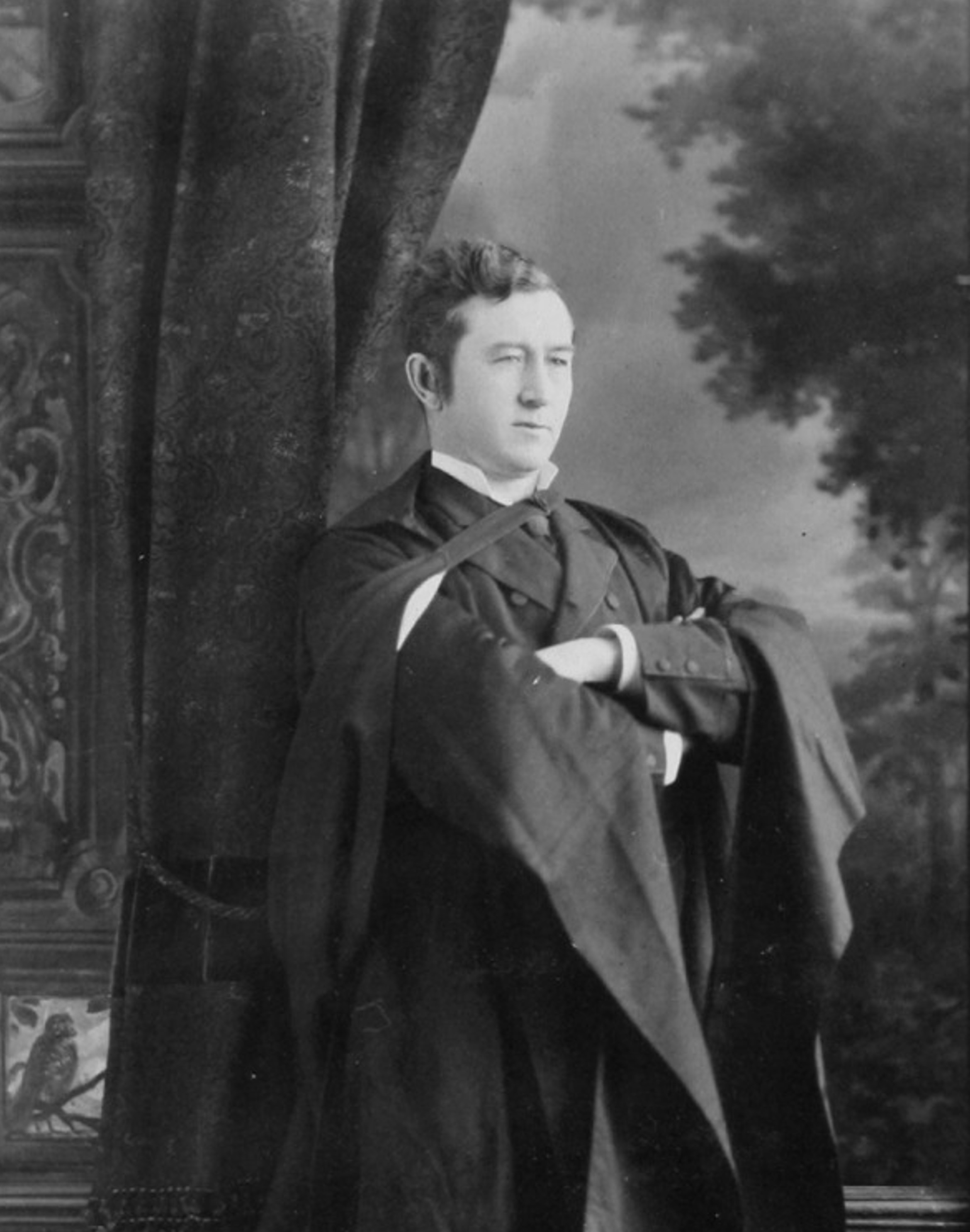
Transformed Canadian medicine by standardizing education and care
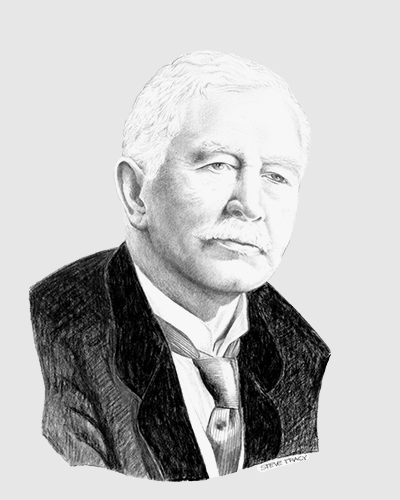
A visionary in establishing national standards in medicine
The Late Sir Thomas Roddick, MD was a physician, educator and Member of Parliament who changed the face of Canadian medicine. He is best known as one of the earliest promoters of antisepsis as common practice in Canada. Dr. Roddick saved countless lives by advancing awareness of this discovery at a time when high post-operative infection rates were standard. Moreover, he was among the first to use these antiseptic methods to treat wounded soldiers. Dr. Roddick’s greatest achievement, however, was a political legacy - one that united the provinces in offering better medical care. His concern for patient safety in light of unstandardized medical education and practice led him to advocate for a uniform system that would encourage consistent care. After 18 years of tireless work, the Canada Medical Act, also known as “The Roddick Bill,” was enacted and the Medical Council of Canada (MCC) was established. His many honours included recognition as ‘honorary president for life’ of the Canadian Medical Association, honorary fellowship in the Royal College of Surgeons of England and membership in the Royal Society of Canada.
Note: Dr. Roddick's accomplishments were meritorious, however his record of service during a time when the Canadian Government breached terms of treaties with Indigenous communities must also be noted. Dr. Roddick was called to serve as part of Canada’s first military medical corps during the North-West Resistance as a field surgeon and was charged with both surgical and administrative duties. The CMHF acknowledges this fact in Dr. Roddick’s career, understanding that we must learn from history and recognize this battle that had lasting and traumatic effects on Indigenous communities, especially our Métis colleagues.
Key Facts
Helped to develop and pass the Canada Medical Act (often known as “the Roddick Bill”), which established universal standards for medical practice in Canada
A highly regarded surgeon and educator, also known for his role in promoting antisepsis as common practice in Canada
Served as the first chief surgeon of the Royal Victoria Hospital in Montreal
Founder and first president of the Medical Council of Canada
Received many honours during his career including “honorary president for life” of the Canadian Medical Association, honorary degrees and a knighthood
The Roddick Gates were formally opened at McGill University in 1925
Professional timeline
Impact on lives today
While his clinical work included important contributions like greater awareness of antiseptic methods, Dr. Roddick’s crowning achievement was his work toward establishing a uniform standard of medical education and practice across Canada. He spent almost 20 years promoting the Canada Medical Act, more popularly known as “the Roddick Bill,” which established a national medical council for registering and licensing physicians with representation from all provinces. The result of this work was the Medical Council of Canada, which continues to ensure a safe standard of care for Canadians today.
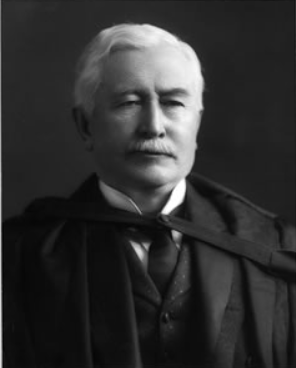
2024
-
Received knighthood in recognition of his medical and political contributions to Canada
Health Policy, The Early Days - Health Care Pioneers -
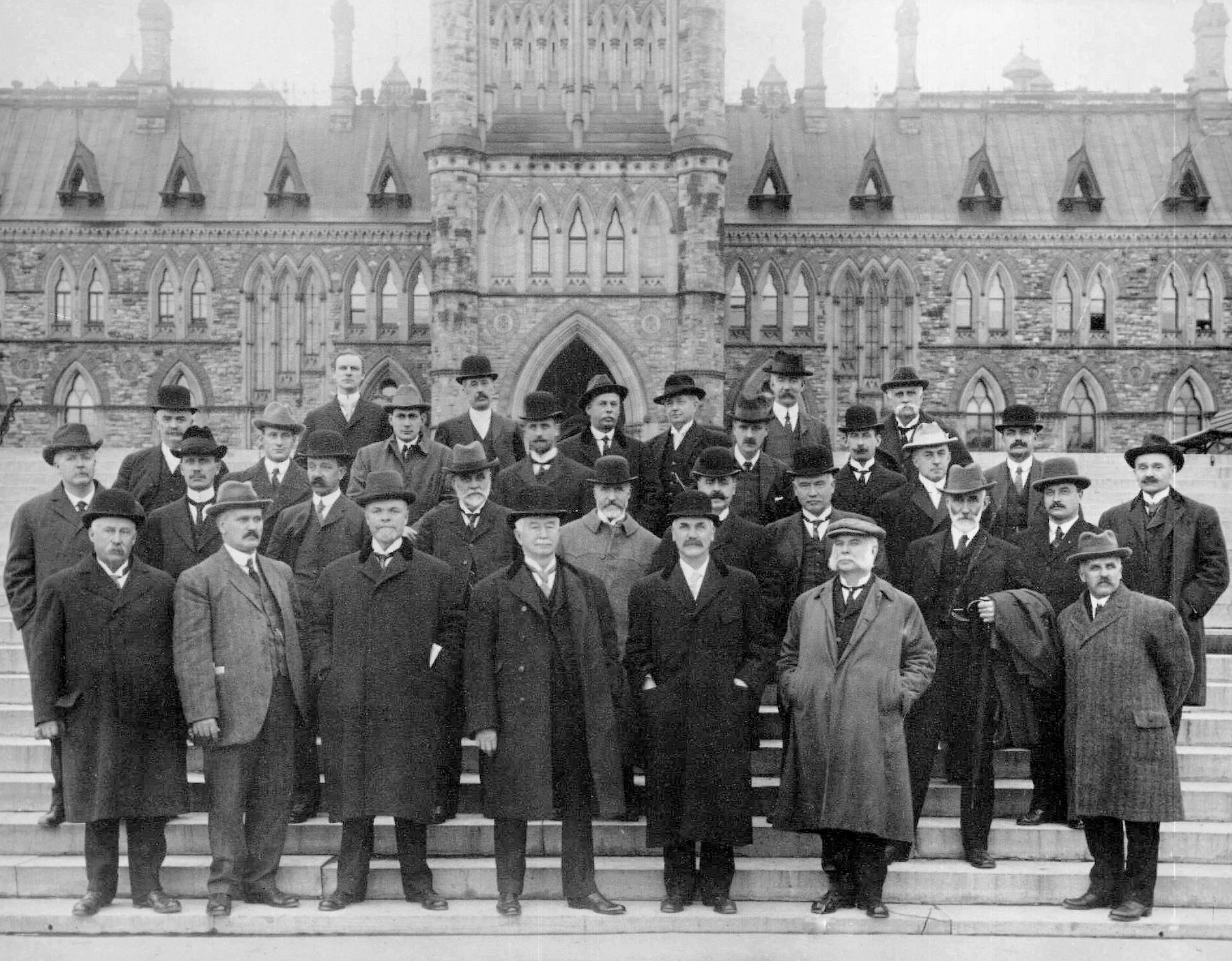
Dr. Thomas Roddick elected as the first Medical Council of Canada President and made Honorary President for Life
Health Policy, The Early Days - Health Care Pioneers -
Successfully brought the Canada Medical Act to Parliamentary Assent
Building our health organizations and systems -
First presented the Canada Medical Act (“Roddick Bill”) before the House of Commons
Health and Medical Education & Training, The Early Days - Health Care Pioneers, Leadership in Organizational DevelopmentIn the same year that Dr. Roddick was named Dean of the Faculty of Medicine at McGill University, he played a key role in establishing consistent national standards for medical care and education.
-
Elected as a Member of Parliament of Canada
Building our health organizations and systems, Public Health, Health Promotion & Advocacy, Leadership in Organizational Development, The Early Days - Health Care Pioneers -
Appointed chair for the CMA committee charged with developing a national standard of medical education and licensing
Health and Medical Education & Training, The Early Days - Health Care Pioneers -

Elected president of the Canadian Medical Association (CMA)
Leadership in Organizational Development -
Studied antisepsis under Dr. Joseph Lister in Edinburgh, Scotland
Improving health and patient outcomes, Infectious Disease, Allergy & ImmunityDr. Roddick’s experiences in Scotland led him to become one of the earliest promoters of antiseptic practices in Canada, saving countless lives in an era of extremely high postoperative infection rates.
-
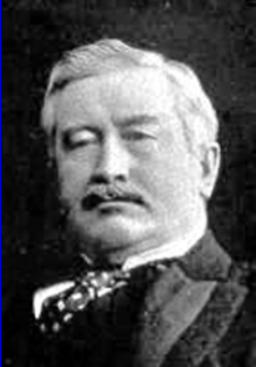
Began military service as an assistant surgeon in the 1st Brigade Garrison Artillery
-
Graduated first in his class from medical school at McGill University
In the same year, Dr. Roddick was appointed assistant house surgeon at Montreal General Hospital.
1868
To few medical men is given to be so widely and so generally respected, and to have been able in so many ways to render great service to his country.
